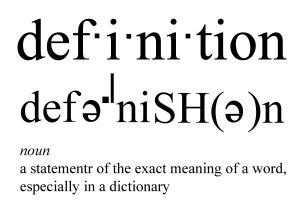Short Definition:
Fiduciary Duty in the context of franchising refers to the ethical and legal obligation of loyalty and care that one party owes to another, usually pertaining to the franchisor’s conduct in managing the franchise network.
Long Definition:
 Fiduciary Duty within a franchise framework involves a commitment by the franchisor to act in the best interests of its franchisees. This includes making decisions that adhere to principles of honesty, integrity, and transparency, particularly in areas like financial management, support, and the sharing of opportunities. It requires the franchisor to put the interests of the franchise network above its own in matters where their roles as a leader and guide are pivotal. Although traditionally the concept is more directly applied to trustees and financial advisors, in franchising, certain aspects, especially those relating to honesty and fair dealings, are often expected to be upheld.
Fiduciary Duty within a franchise framework involves a commitment by the franchisor to act in the best interests of its franchisees. This includes making decisions that adhere to principles of honesty, integrity, and transparency, particularly in areas like financial management, support, and the sharing of opportunities. It requires the franchisor to put the interests of the franchise network above its own in matters where their roles as a leader and guide are pivotal. Although traditionally the concept is more directly applied to trustees and financial advisors, in franchising, certain aspects, especially those relating to honesty and fair dealings, are often expected to be upheld.
Additional Definition: A requirement that a person act toward others and the public with the watchfulness, attention, caution, and prudence that a reasonable person in the circumstances would use.
History and Usage:
Historically, the concept of Fiduciary Duty originates from English common law, primarily developed in the context of trust and estate law. In franchising, the application of fiduciary duty has evolved notably in jurisdictions like the United States and Canada, where courts have sometimes recognized quasi-fiduciary duties in the relationships between franchisors and franchisees based on the substantial control and influence exercised by the franchisor.
Five Questions Often Asked:
Example Sentences:
Summary:
Fiduciary Duty plays a potentially significant but complex role in franchising relationships. It embodies principles of trust, transparency, and fairness that can profoundly affect the dynamics between a franchisor and its franchisees. Whether explicit or implied, the understanding and application of Fiduciary Duty are fundamental in fostering a healthy and productive franchise network. By comprehensively understanding Fiduciary Duty, both franchisors and franchisees can navigate their roles more effectively, ensuring mutual growth and stability in the franchise system.